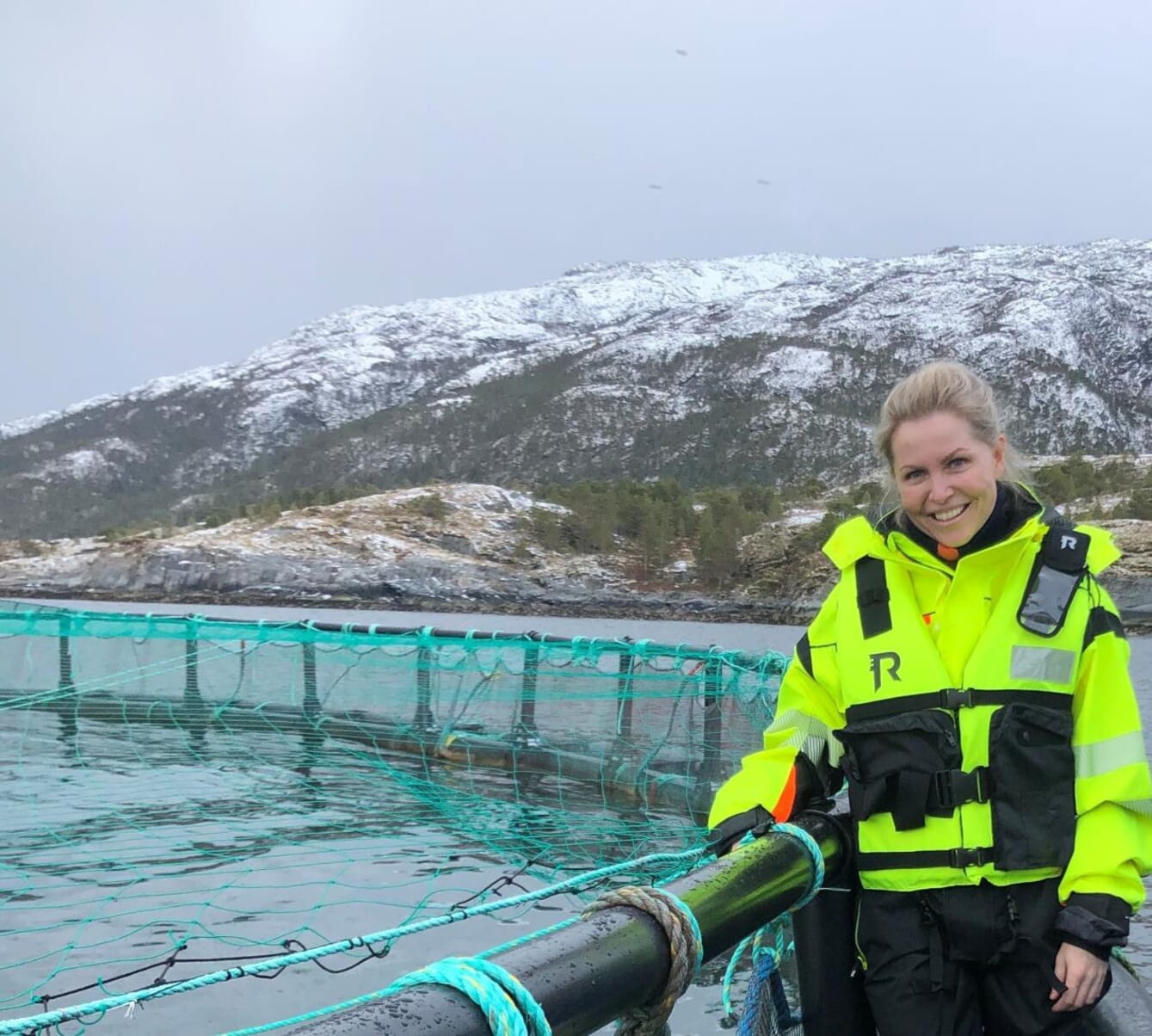
“We are very pleased and proud to be the first within our industry to obtain this certification. It demonstrates the clear operational focus we’ve had from the outset on sustainability, and that Norcod is a responsible player in the aquaculture industry,” said Norcod CSO, Hilde Storhaug, in a press release.
Storhaug says the certification process went smoothly and as predicted. The standard covers the entire production chain from broodstock, seedlings and feed suppliers to farming, harvesting and processing – or “feed to fork”. It lays down strict criteria for legal compliance, employees’ occupational health and safety, animal welfare, food safety and environmental and ecological care. Norcod also underwent the Global GAP Risk Assessment on Social Practice (GRASP), a voluntary part of the certification process applied to assess social risks in primary production and to provide additional transparency to supply chain partners.
In terms of food safety, the aquaculture standard has been successfully assessed against the Global Food Safety Initiative (GFSI) benchmarking requirements and achieved GFSI recognition for scope A2 farming of fish – which is the only aquaculture farming standard to have achieved such recognition.
Storhaug notes the aquaculture industry in Norway is already strictly regulated. “But by certifying our business according to a respected international standard, we further show that Norcod as a company is committed to our employees, ensuring optimal fish welfare and health, and to preserving both the local and global environment,” she said.
Storhaug adds that the certification also reflects Norcod’s founding ambition to be part of innovative solutions to address the challenge of how to produce and supply healthy protein to the world’s growing population without adding to the strain on a planet already severely under pressure from factors including high CO2 emissions from land-based animal farming and shrinking available land mass for farming.
“Sustainable aquaculture using modern equipment enables productive use of the ocean without further endangering stocks of wild cod species through overfishing,” she said. Norcod is also deploying electric-powered barges and service boats as part of its strategy to keep emissions to a minimum.
Norcod aims to be a strong driving force for responsible cod farming on an industrial scale. “The next step in terms of certification will be to apply for compliance with ASC [Aquaculture Stewardship Council] standards. Although that is somewhat further ahead in time, and we are still in a process of gradual expansion, we are focused and determined to achieve that goal as well,” said Storhaug.
Norcod CEO Christian Riber commented: “Obtaining this certification is a result of a strong team effort working towards clear sustainability performance goals. It shows that we are practising what we preach, and I congratulate all our personnel for their dedication, especially during the challenging pandemic situation.”
He adds that securing the certification comes at an exciting time for Norcod as it prepares for its first commercial harvest of high-quality, fresh farmed cod in Q3. “We all look forward to generating income and seeing the results of careful planning and all our hard work so far,” he said.


